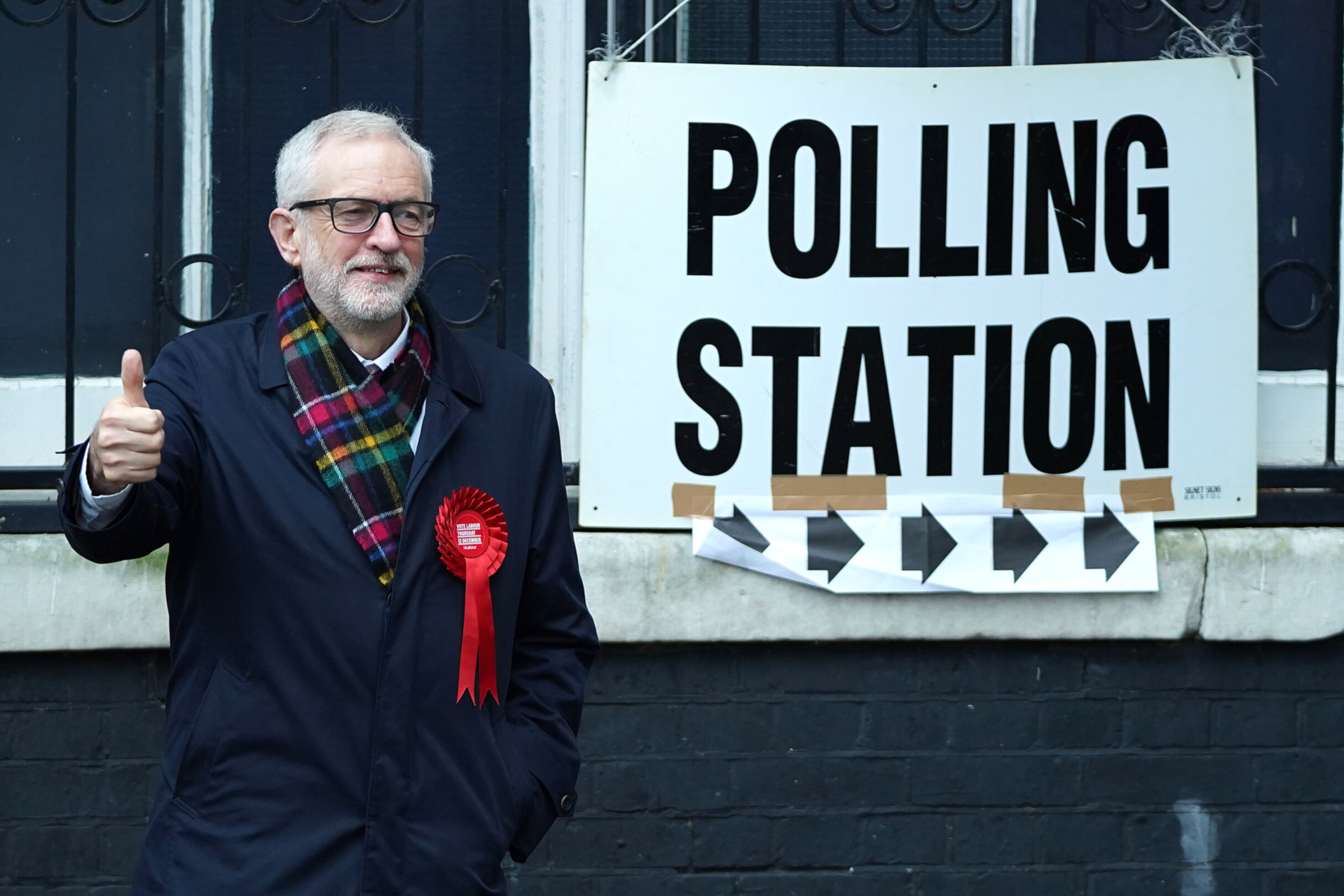
Is Labour’s problem that it is losing voters that have voted for it for decades, or that it is losing constituencies that it has held for decades? They’re both big problems, but they might have subtly different solutions, and at the moment, the party seems to be blurring the two – in fact, several of the candidates don’t appear to know that there is a difference.
To take a similar problem for the Conservatives: in 2017, they lost Kensington, a constituency they have “held” since 1910. There are two problems with that little fact, though: the first is that they really hadn’t “held” the constituency we now call Kensington for 117 years or anything like it. On the boundaries of the Kensington constituency as we now know it, they would have lost it in 1945, 1951, 1966, 1997 and 2001. The constituency had changed so much as to be unrecognisable.
More importantly, their defeat wasn’t primarily a result of the loss of “traditional Conservative voters” to the Labour party – it was the result of a combination of factors: the replacement of rich Britons, who could vote and voted Conservatives, with rich oligarchs, who couldn’t vote, the movement of Labour-friendly demographics into the constituency, and, at the margin, the defection of some traditional Conservative voters to the Liberal Democrats. But the real “Kensington problem” isn’t about traditional voters. It is that the Conservatives struggle to win anywhere that graduates, people under 40 or ethnic minorities of any age congregate. David Cameron made some progress on winning over these groups, but that has since gone into reverse.
In 2019, the Conservatives won back Kensington, albeit with so few votes – 16,768 – that it would have been inadequate to elect an MP anywhere else in London. Their Kensington gain was the result of pure luck – poorly concieved tactical voting models that told Remain voters to back the Liberal Democrats not the incumbent Labour MP, when in the end Sam Gyimah polled a little over 6,000 votes – and Boris Johnson’s electoral strategy, which was predicated on the (correct) idea that it didn’t matter if the Conservatives continued to struggle in constituencies like Kensington because they would benefit from a divided Remain vote and a united Leave vote across the country as a whole.
But the party’s “Kensington problem” – which is that it struggles anywhere that graduates, social liberals, people under 40 or ethnic minorities of any age congregate in great number – hasn’t been resolved. They’ve found a way round it by creating a “Bishop Auckland problem” for the Labour party that has a far higher electoral premium because the types of voters that Labour struggles with – voters above 40, social conservatives, voters without degrees, and voters from mono-ethnic areas – are more effectively distributed around the country as a whole, which matters a lot under first past the post. Though I wouldn’t get carried away with that last part: Labour and the Liberal Democrats wouldn’t have to improve all that much for a broadly similar result in terms of votes to return a 2017 style result in terms of seats.
But anyway, about Bishop Auckland: a seat that Labour has held since 1935. Or rather – remember Kensington – they’ve held a seat with that name since 1935. Yes, an ex-mining town. But also a constituency containing a number of villages, new-build communities where the last mine closed in 1987 (the majority of its mines had closed by 1970).
Yes, the electoral story in Bishop Auckland – and indeed in most of the seats Labour lost on Thursday – is partly about the loss of individual voters who have backed the Labour party for decades. But it is also about the influx of baby boomers who have higher than average levels of disposable income, nice cars and live in new-build homes. That’s true of a swathe of constituencies that the party lost in 2019 and indeed of a swathe of constituencies they went backwards in but held onto in 2019 and in 2017, and in some cases, in constituencies where they have been losing ground for more than a decade and a half.
It was also true of, going back to 1979, Fulham: at the time a “heartland” constituency which the Labour party had held since Keir Hardie had acne, which Margaret Thatcher took on a massive swing. That gain reflected not a crisis for Labour in its heartlands but a crisis for Labour to win over the new and emerging middle class.
In a way, this doesn’t matter. Some Labour MPs talk as if there is something more virtuous about losing Bishop Auckland if the problem is that former Labour voters who worked down a mine have now stopped, but somehow the idea that Labour is struggling to win voters aged above the national average who have more spare cash floating around is a bit grubby. The one advantage of our terrible electoral system is that it does make political parties’ electoral strategies easier because some voters simply do matter more: the votes of the well-distributed elderly are more important than the votes of the overly-concentrated young. This is one of the reasons why we should change our electoral system, but it doesn’t remove the requirement for Labour and the Liberal Democrats to overcome the barrier in order to dismantle it.
It does matter however if Labour rushes into a leadership election without a clear idea which issue it is trying to address. It makes it impossible for Labour members – or indeed the rest of us – to assess the decision the party is making if we can’t even say with certainty what problem they are trying to solve.





